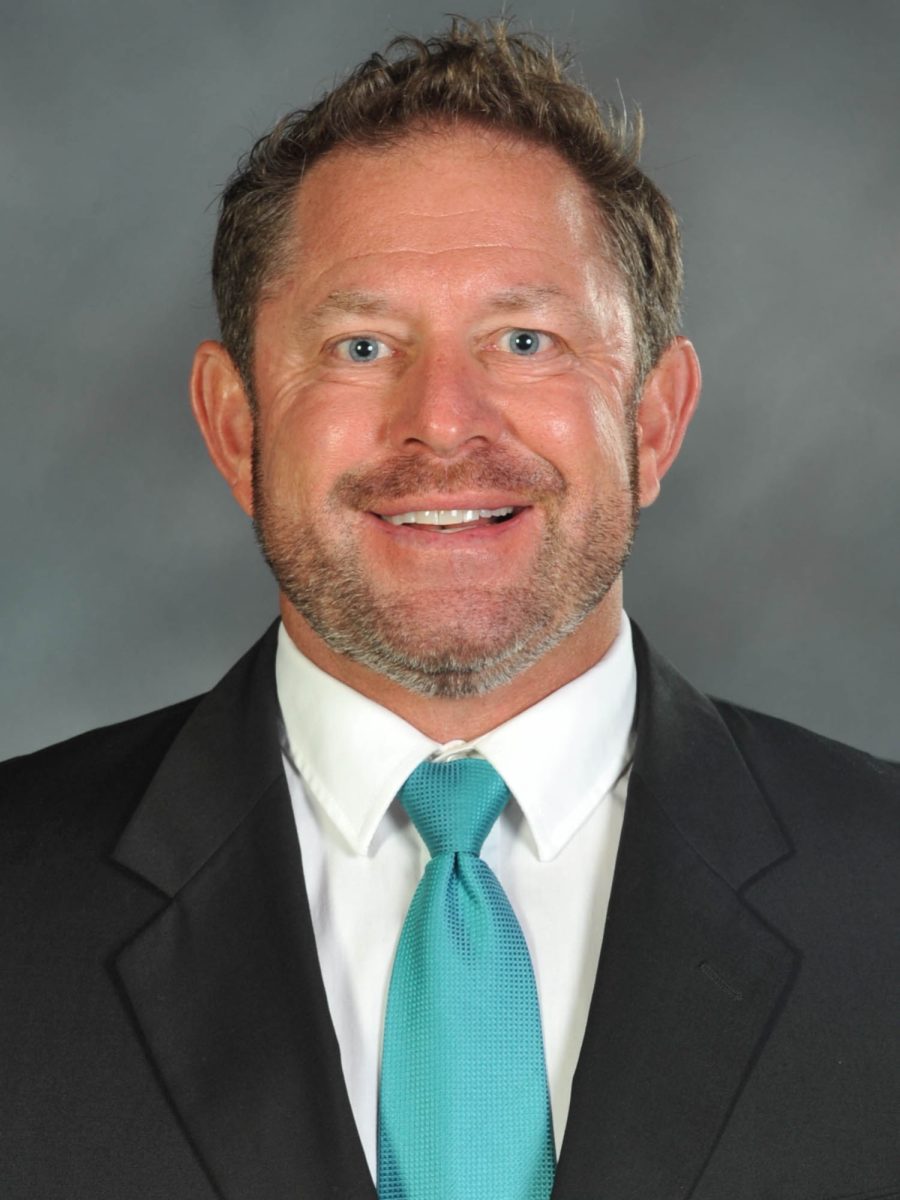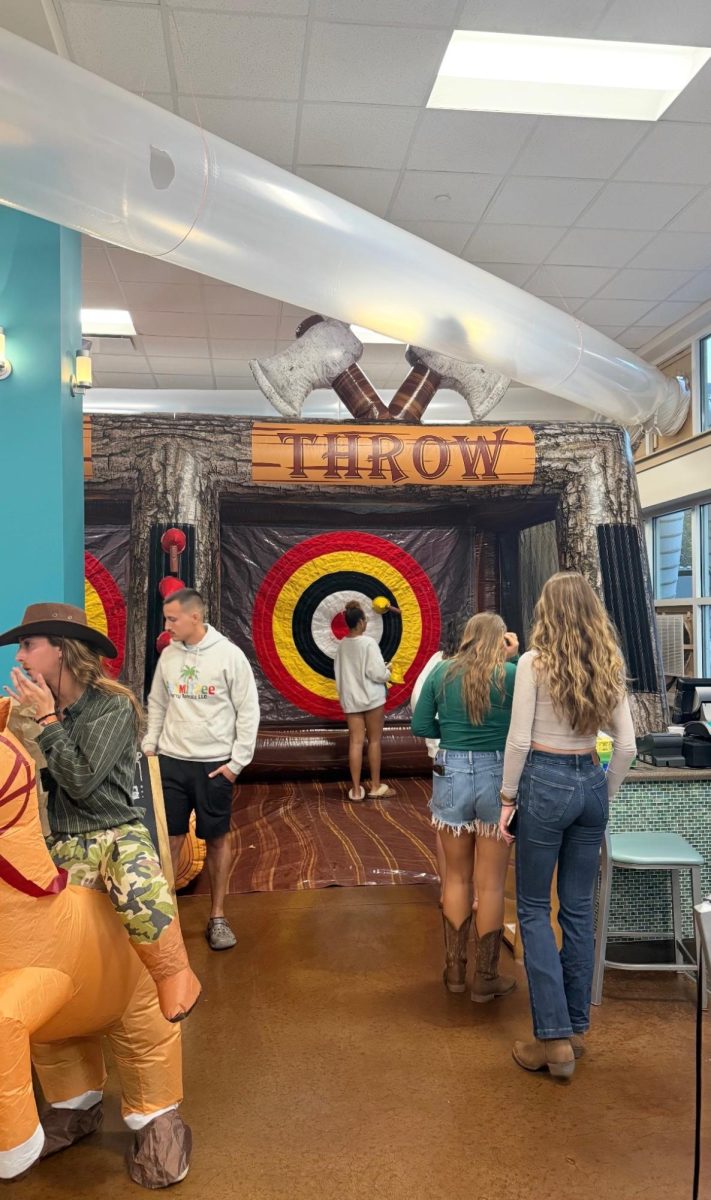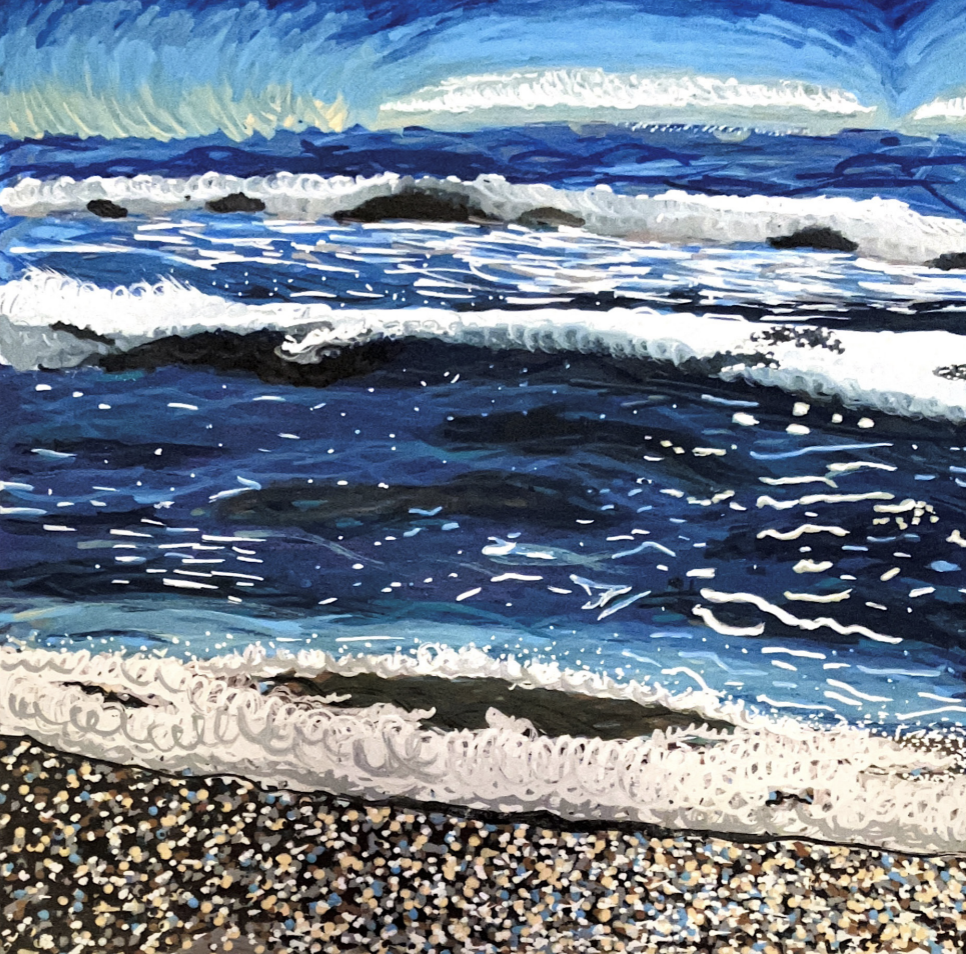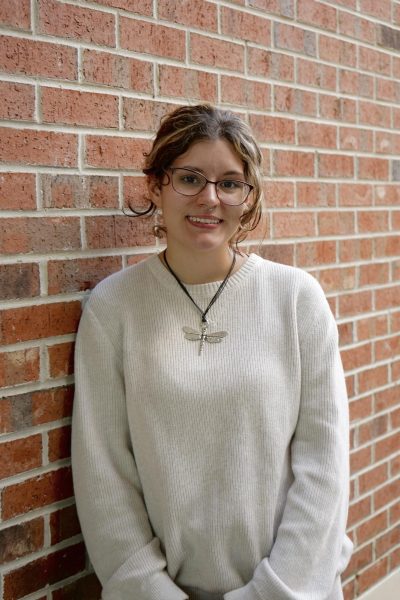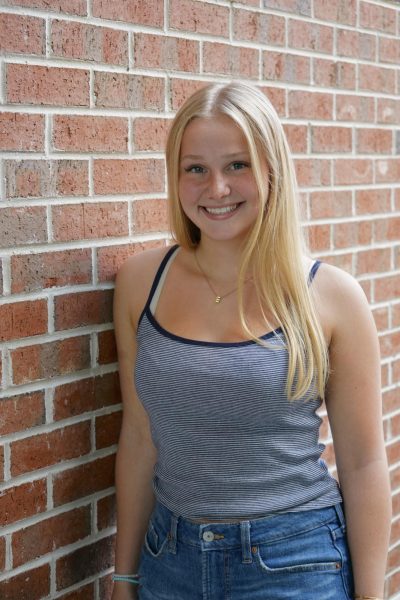Local celebrity and Chief Meteorologist Ed Piotrowski is celebrating three decades with ABC 15 News (WPDE).
Piotrowski has been a staple in the Coastal Carolina University (CCU) and Horry County community, best known for his weather reporting and big personality. According to his biography on WPDE’s website, he speaks to various community groups, churches and non-profits, in order to use his knowledge for the greater good.
“It helps to develop a personal relationship with your viewers,” Piotrowski said.
He is well known for his local, accurate and timely weather forecasts, but prides himself on being a familiar face for followers to watch on the news and social media.
“I just still enjoy talking about the weather and hopefully being one of the first to help people make decisions based on the forecast,” Piotrowski said.
He said he wants to build relationships with younger audiences, and he uses social media, mainly Facebook and Instagram, to interact and connect with them. Being on social media gives the audience a better sense of connection, according to Piotrowski.
The work that he and his coworkers do at the local news stations directly impacts our campus, so having people the University and community can trust and count on is extremely important.
Associate Vice President for Resilience Carissa Medeiros explained the importance of accurate weather forecasting when planning campus events and keeping everyone safe. Although CCU receives forecasting updates from government entities, Medeiros stressed the importance of continuity in their messages to the community.
“Whenever they send out information, it’s not just to emergency management officials, but it’s also to local meteorologists,” Medeiros said.
In regard to the weather’s impact on the CCU community, freshman marine science major Amy Averona emphasized how the weather can greatly impact marine science field research. She moved to South Carolina specifically to enroll in CCU’s marine science program.
Averona said field research includes going out to open water to collect samples and make observations on the environment. They study what affects animal or organism behavior and the correlating responses.
“If there’s really bad weather, you can’t go out because it’s dangerous to yourself, others, the equipment,” Averona said.

